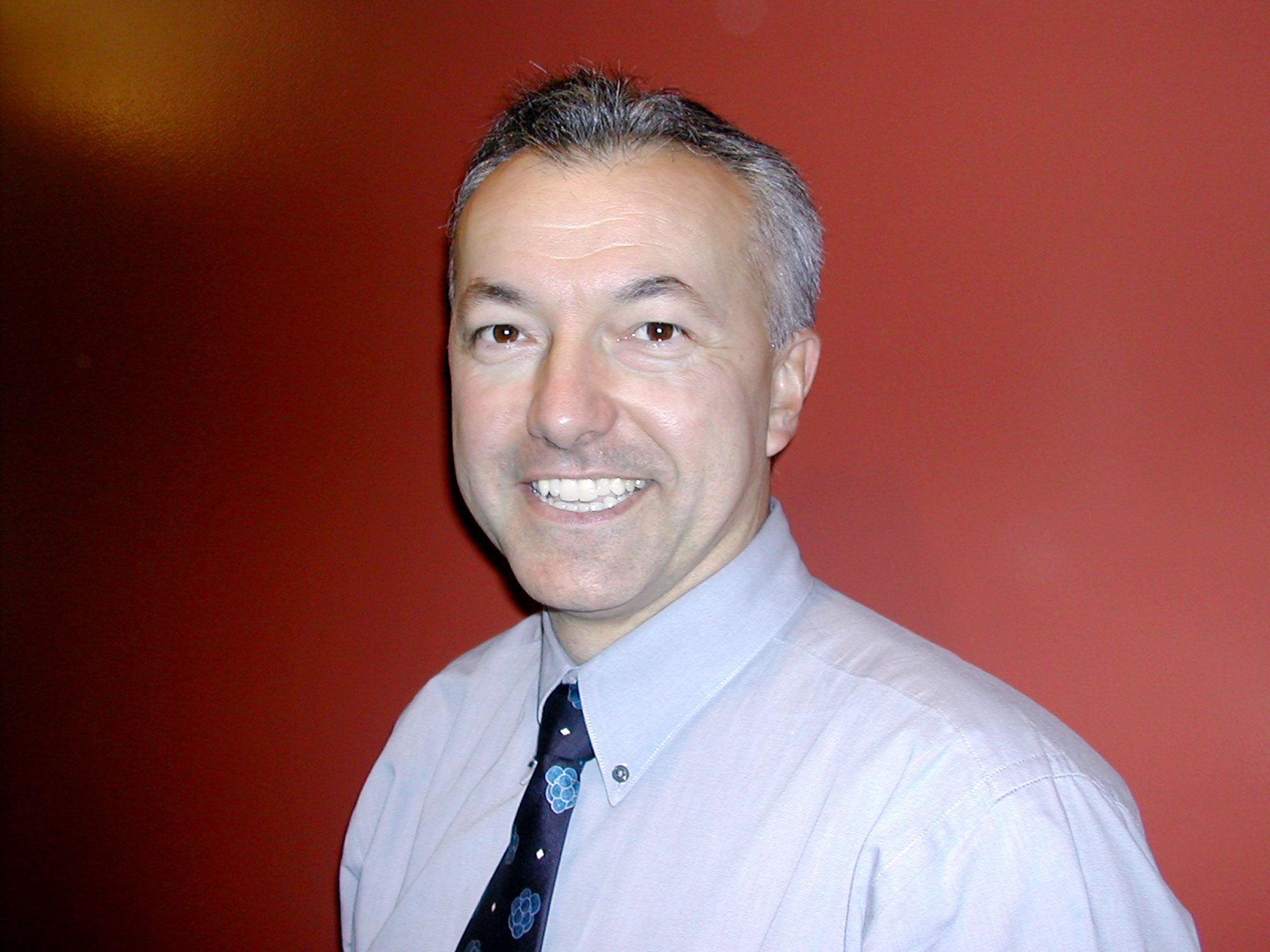Despite ethical concerns, stem cell therapy could usher in the birth of a new research field known as regenerative medicine, said Dr. George Q. Daley, a Harvard Medical School stem cell researcher, in a July speech on campus.
Daley was the keynote speaker for UGA’s Regenerative Bioscience Center Symposium, held at the Georgia Center for Continuing Education Conference Center and Hotel. In introductory remarks, Steve Stice, director of the bioscience center, described Daley as a true innovator and leader in stem cell research.
“And just as important, he is a physician making every effort to help patients, young and old, with debilitating diseases through his research,” said Stice, a professor in UGA’s College of Agricultural and Environmental Sciences.
Regenerative medicine is the concept of repairing the body by developing new tissues and organs as the old, damaged or diseased ones wear out. Human embryonic stem cells can replicate and become many different types of cells-from hair to heart. With more time and more federal funding, scientists could eventually learn to custom engineer new tissues to replace the diseased cells, Daley said.
The ethical dilemma, Daley said, stems from an uncertainty about when life begins.
He added that while the ethics of stem cell research are debatable, its benefits to humanity are not.
Daley stressed, however, that those suffering from disorders that could be treated by this therapy shouldn’t expect results soon.
“We have a long way to go,” Daley said, estimating that it will be decades until the therapy is safe and easily accessible to the public.


